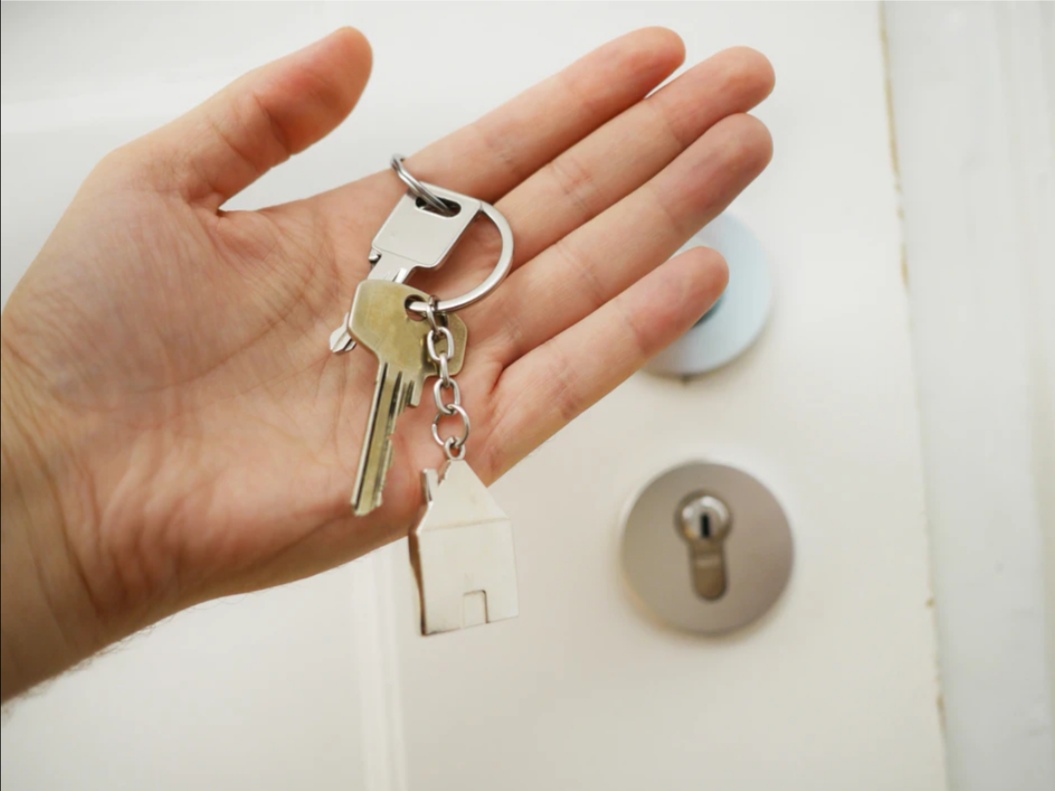
A 10 step guide for buying your first property.
Your first step into the real estate market is an intimidating one, but it can be exciting as well. Whether you’re buying your first family home as a newlywed couple, buying your first real estate investment to sell or rent, or you’ve just decided to buy instead of rent, you have a lot to consider. A good buyer’s agent can go a long way in helping you navigate the market and find a property that meet your needs and budget.
Here are a few other top tips to help you on your way.
Decide on a Budget and Start Saving
Before you can even get close to buying a house, you will need money on your side. Most people use a mortgage to buy a property, as not everyone has £200,000 burning a hole in their pockets. However, to take out a mortgage, you generally need a deposit.
A mortgage deposit will need to be at least 5% of the purchase price of the property, although it’s often worth it to save more. A larger deposit will typically allow you to apply for a better mortgage deal, which will save you money in the long run.
An important step to deciding on a budget is to figure out how much you can borrow. The size of your mortgage depends on several factors, including your credit score, your income, and how much of a deposit you have saved.
You can use the services found on websites such as mortgagecalculator.uk to estimate the amount of mortgage that you can afford to take out, as well as the total costs associated with whatever deal you take on. It’s important to remember that loans, mortgages included, aren’t just “free money” and you need to find a budget and a deal that works for you.
Research Your Chosen Area
If you’re buying a property, you probably have a location in mind. Whether you’re considering a single location or several, you should research the area.
You want to look out for property prices, crime levels, local infrastructure and transport links, nearby amenities, flood maps, and other factors that may affect your life there. One of the best ways to get a feel for an area is to spend a night or two in a local B&B or hotel, so that you can explore the area yourself.
Apply For a Mortgage Agreement in Principle
This mortgage agreement in principle is essentially confirmation that your chosen mortgage lender would be willing to lend you a certain amount of money. This makes you a more attractive buyer, as you’re obviously more likely to have a mortgage accepted later down the line.
Register With Real Estate Agents
Once you’ve chosen the area that you’re interested in, or narrowed multiple areas down at least, then it’s time to register with local real estate agents. This registration is free and you aren’t obligated to do anything, but it may increase your chances of finding a property. Some agents contact registered buyers before the property is listed online, meaning that you have a headstart.
Find and View Properties
Whether a real estate agent lets you know of any properties on the market, or you find them yourself by browsing property websites online, you will have to view your potential properties in person.
When you view a home yourself, you can get a far better sense of its potential and of any potential downsides. Often, buyers will get a “feeling” when they really like the look of a property, and this isn’t something you can simulate by looking online.
If the property is furnished, remember to look past the furnishings and even the decoration, to a point. You aren’t going to buy the furniture, so don’t be drawn in by expensive furniture, or put off by something that isn’t your style.
If you can, it’s also worth viewing your favourite properties more than once. Try to aim for different times of day, or different weather conditions. This way, you’re more likely to notice any potential issues.
Make an Offer
Once you’ve decided on a property, it’s time to make an offer. When deciding what to offer, it pays to look at how much similar properties have sold in the area. You should be paying a comparable price.
It is common to offer less than the asking price, especially at first. However, if you have your heart set out on a particularly popular property, then you may need to offer the asking price or even more. If it comes to it, don’t let yourself be pushed into offering more than you can afford. You likely won’t have your mortgage accepted and both you and the seller will be left with a bad taste in your mouths.
While making your offer, be sure to explain that your offer is subject to a survey, so you don’t get any nasty surprises later on. Also, mention that you’re a chain-free first time buyer, which makes you more flexible than other buyers.
Apply For a Mortgage
It’s now time to finally apply for a mortgage. If you have a mortgage agreement in principle, this will be a lot simpler than otherwise. Also, the aforementioned mortgage calculator will help you to see how much your monthly mortgage payments would cost depending on certain factors.
There are two primary types of mortgage, a fixed rate mortgage and a tracker (or variable) mortgage. You should also decide how long you want to take the mortgage out for. A shorter mortgage will have higher monthly payments to begin with, but will save you money in the long run and will allow you to more quickly own the house outright.
Find a Conveyancer or a Solicitor
A property solicitor or conveyancer will undertake all of the necessary legal work after your offer has been accepted. This includes carrying out searches, which can take a few weeks, as well as drawing up and checking contracts, dealing with the Land Registry, and paying whatever stamp duty may be due.
Before hiring, make sure that your conveyancer or solicitor has recent experience with this process and is reliable.
Property Survey
Hopefully, you’ll have established that your offer is subject to a survey. A survey is optional, but it’s easily worth the cost of hiring a property surveyor. The survey will reveal any hidden issues, which help you to make an informed decision about your purchase.
If any problems are found, then you may be able to get the seller to fix them before you buy the property, or to give you a slight discount. However, if they are too severe, then it may be advised to end the process and start again. It’s annoying, but far better than being left with a money-pit.
Exchanging the Contracts and Completion
You should also have home insurance ready to be implemented as soon as you exchange the contracts. Most mortgage providers have this as a condition of lending you the funds. This is because, once the contracts have been exchanged, you are legally bound to buy the property. This way, if the house burns down or floods, you will be covered.
Then, you should exchange signed contracts with the seller’s legal representative and pay the deposit. At this point, there isn’t much that can stop the purchase. After a couple of weeks, the money will be transferred to the seller and you can finally move in.
Assuming that everything has gone well, it’s time to get the moving process underway. Before you move, it’s advised that you contact a removal company or hire a van once you have the moving date, so things can proceed as quickly as possible.
Share the love.
Related
You May Also Like

It’s the most wonderful time of the year…
December 22, 2016
LOV Flowers – Online Letterbox Flowers. Review
May 31, 2022



